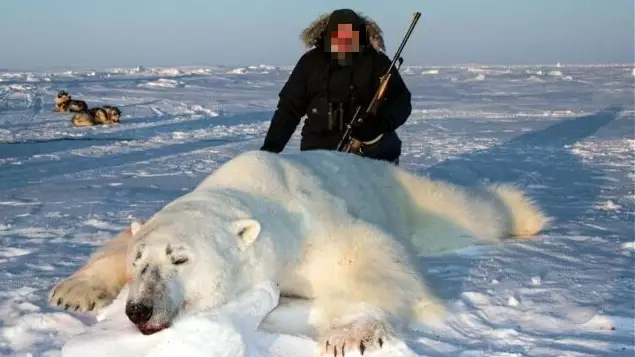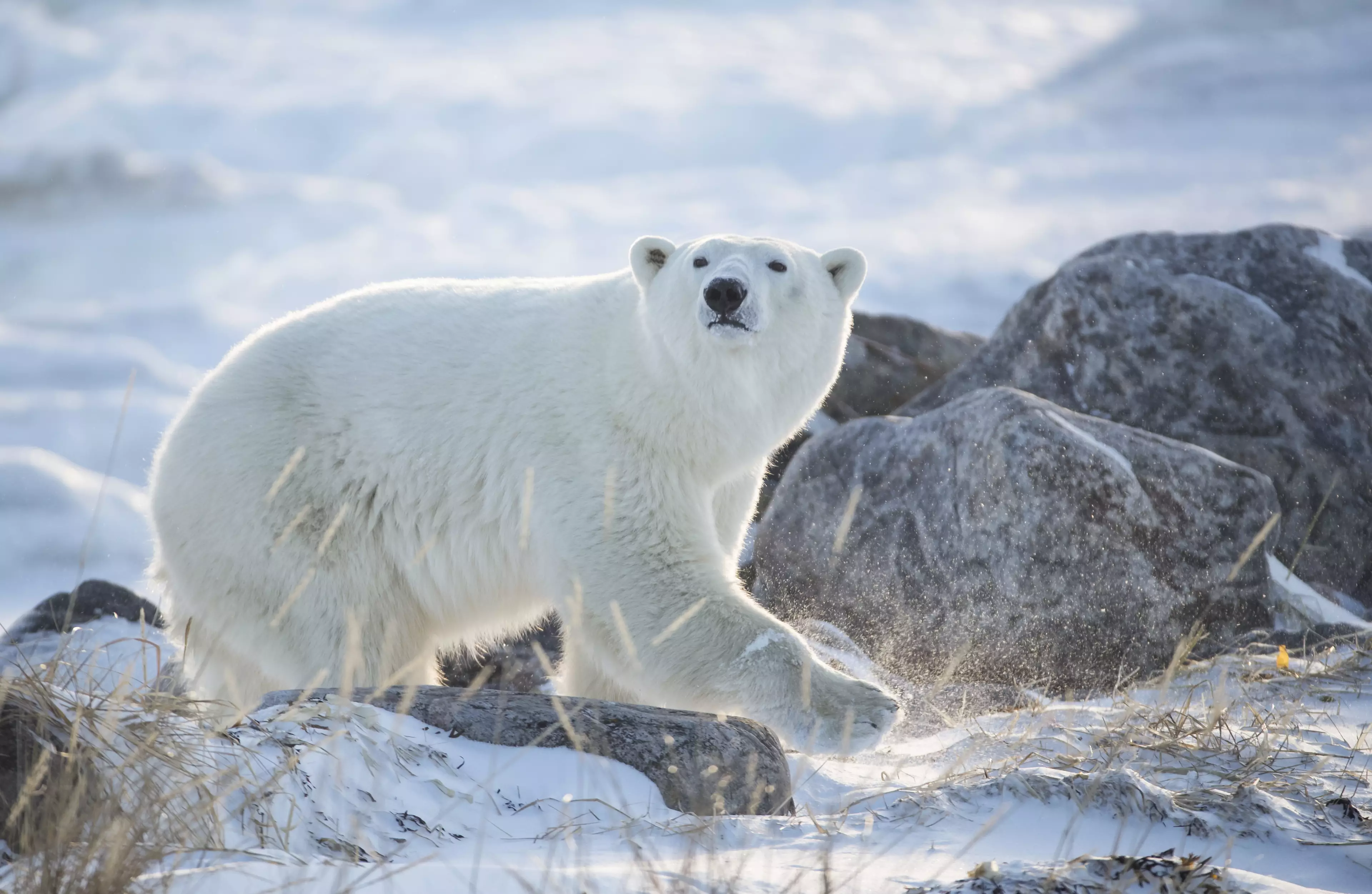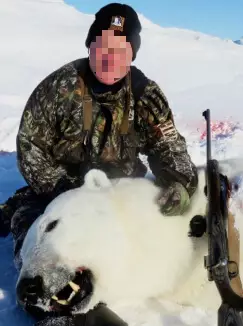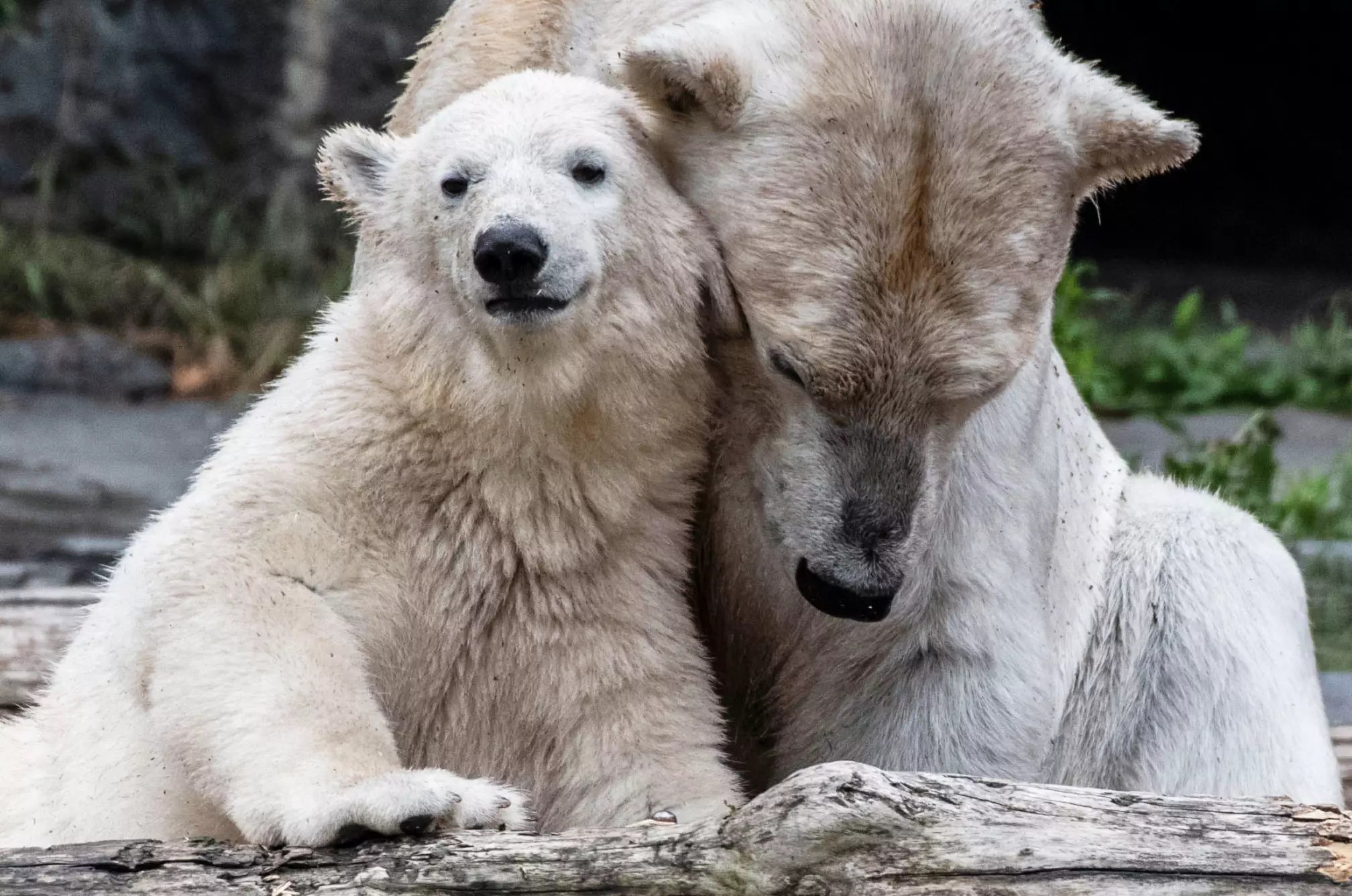
A conservationist and wildlife photographer has warned that polar bears will die out if trophy hunting isn't banned.

Ole Liodden - who has spent four years working on a project to highlight their plight - said unsustainable trophy hunting is the biggest threat to the species, with the problem exacerbated by the fact hunters target the healthiest and strongest males.
Advert
Speaking to The Mirror, he said: "We have to stop trophy hunting and the commercial skin trade. It is the only way polar bears have a chance of survival.
"The polar bear is one of the most exclusive species for trophy hunters to pursue. But it is the mammal species least suitable because of low cub survival, low reproduction rate and climate change.

"Although a warmer climate may largely determine the future distribution of polar bears, the vast majority of population reductions over the past 30 years are attributable to unsustainable hunting."
Advert
More than 50,000 polar bears have been killed since 1960 - which is twice as many as the remaining wild population. The figures were released by the Canadian government following a Freedom of Information request from Mr Liodden's lawyers.
Canada's arctic region is now the only place where hunting polar bears is legal. It was banned in Russia in 1957, in the USA in 1972 and in Norway in 1973.

Climate change is also having a huge impact on polar bears. Rising temperatures mean more and more sea ice is melting every year, making it increasingly difficult for polar bears to hunt, mate, rest and travel.
Advert
In order to help the species, the remaining sea ice must be preserved and greenhouse gas emissions must be reduced, according to the World Wide Fund for Nature (WWF).
The organisation said: "Priorities for climate-informed polar bear conservation should include identifying and protecting the 'last ice areas', the parts of the Arctic that are projected to retain sea ice farthest into the future.
"It is also important to increase monitoring of polar bear populations, particularly their responses to declining sea ice. And as polar bears spend more time on land, we need to be prepared to manage for increased human-polar bear conflict."
The increasing desperation of the animals was evidenced last summer when a polar bear strayed almost a 1,000 miles south of its natural habitat and ended up in the Russian city of Norilsk, with a local photographer describing the bear as so weak it was 'hardly able to blink'.
Featured Image Credit: Worldwide Trophy AdventuresTopics: World News, Animals